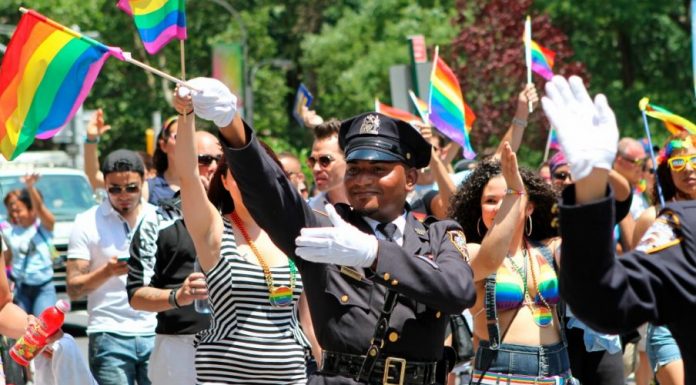An estimated 30% of millennials self-identify as lesbian, gay, bisexual, transgender or queer, according to a small study from Arizona Christian University.
The study surveyed Americans aged 18 to 37 and found that the younger adults in this generation, aged 18 to 24, self-identified as LTBT at a 39% rate, the Washington Examiner reported.
Twenty-five percent of Americans in the 25-to-37 age range called themselves “LGBTQ,” according to the study by ACU’s Cultural Research Center Director George Barna.
“The generation is redefining sexuality, their own and how to perceive and respond to the gender identity and sexual-orientation choices of others,” the study said.
“With that have come new ideas and choices regarding marriage and family,” it continued. “Consequently, a social institution that used to be a safe harbor has now become a battleground.”
Blacks identified as LGBTQ (37%) at a higher rate than whites (29%) and Hispanics (30%).
Females also called themselves LGBTQ more than males: 36% versus 23%.
The study considered a wide range of questions beyond sexual self-identification.
More than two-thirds of millennial women (67%) described themselves as feeling “often anxious, depressed, or unsafe,” compared to only 41% of males.
Meanwhile, 79% of female and 71% of male millennials said that they were “searching for … purpose in life.”
The majority of males (57%) said, however, that they were “deeply committed” to practicing their faith, compared to 48% of females.
Among all groups ideological self-descriptions trended toward “liberal,” though women, blacks and Hispanics considered themselves more liberal than men and whites.
Barna said that Americans must “recognize Millennials as part of our legacy to the world” and help them through their generation’s unique challenges.
“I invite you to look upon our youngest adults as a group that we might be able to help navigate through the challenges in which we have immersed them,” he wrote. “Rather than blasting them for a range of perceived inadequacies, perhaps we can support them with perspective, solutions, resources, and encouragement.”

